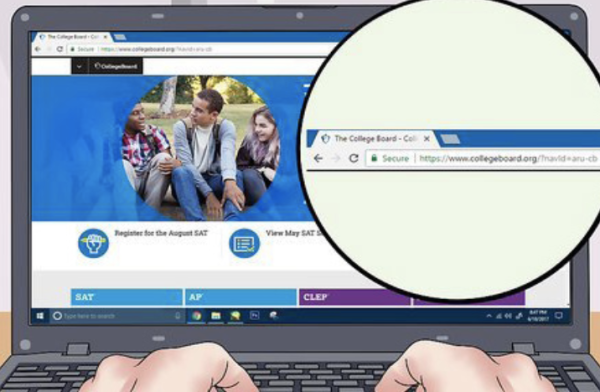Retired government workers to teacher positions
Since the reopening of schools in the fall of 2020, effects of a national teacher shortage have burdened working teachers, politicians and students alike.
To lighten the load of teachers affected by this epidemic, Florida Gov. Ron DeSantis has sanctioned a new proposal for the 2023 Legislative Session that will allow retired veterans and first responders to take up vacant teaching positions and implement new initiatives to help with teacher retention.
According to a study done by the Annenberg Institute at Brown University in November 2021, there were approximately 36,000 vacant teacher positions and about 163,000 teachers who are not certified in their respective teaching field, throughout the United States. According to the study, the lack of teachers has left schools to come up with a variety of solutions, including giving out emergency teaching certifications, hiring out of state teachers and canceling certain courses.
Some teachers believe; however, that the teacher shortages are not only harming students with a decreased quality of education, but also schools as they constantly scramble to find replacements and temporary solutions.
“We have got a large number of brand new teachers, but we don’t have mentors to help work with them which, again, not only affects education quality, but discipline,” Social Studies teacher Sheila O’Farrell said. “I’ve always had large classes but it does seem like they are bigger than ever.”
The new proposal by DeSantis offers a three part solution to this crisis. The first part includes giving retired veterans and first responders the opportunity to take up a minimum two year full-time teaching position in return for fee waivers and bonuses upwards of $4,000 on top of a standard teaching salary. This part of the new bill will build on a currently existing veterans program, launched July 1 which allows veterans with at least 60 college credits to obtain five-year temporary teaching certificates.
The second part creates a new apprenticeship program in which aspiring teachers, with an associate degree, are mentored by working teachers in exchange for bonuses. The third aspect of DeSantis’ plan will allow employed teachers to apply for scholarship opportunities in order to get their master’s degree while working.
According to DeSantis’ staff, this last initiative will allow teachers with master’s degrees to provide dual enrollment classes directly in high school buildings, in turn, creating more dual enrollment opportunities for students statewide.
Criticisms against the new Desantis initiatives claim that the Governor is missing the point of this issue and not giving enough incentives for teachers to keep their current positions.
According to a survey conducted by the National Education Association, 55 percent of teachers are considering leaving their job earlier than they had once anticipated. The participants of the study said that while the strain of the teacher shortage is an element to these staggering statistics, other factors, including a lack of pay, lingering effects of the pandemic and insufficient support from schools play major roles in this phenomenon.
Florida is being heavily impacted by the national teacher shortage, with the highest vacancy rate in the country of over 4,500 unfilled positions as of February 2022. According to Miami-Dade Public Schools spokesperson Elmo Lugo, Miami-Dade was reported to start the 2023 school year with a shortage of 224 teachers. Andrew Spar, President of the Florida Education Association, claims that DeSantis isn’t following the right strategies to deal with this critical issue.
“He’s talking about asking teachers, experienced teachers who he maligns every day, to become mentors, yet he doesn’t talk about taking some stuff off their plate,” Spar said. “They are overwhelmed. They are overworked. This is a political plan, this is not a sustainable plan that truly gets at the teacher and staff shortage in real solutions.”
In anticipation of the Florida governmental midterms coming this November, these new teacher policies hope to grow support for DeSantis’ campaign. With the criticism received from the state teachers union, only time will tell whether these efforts achieved their goal.









